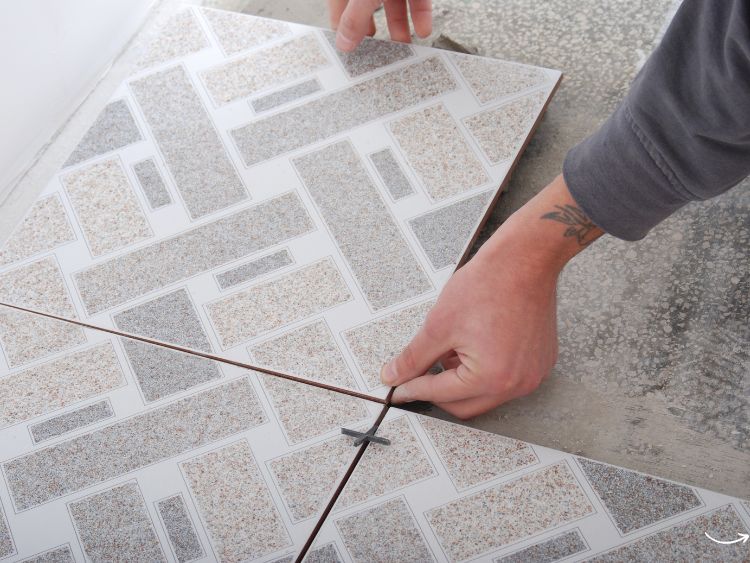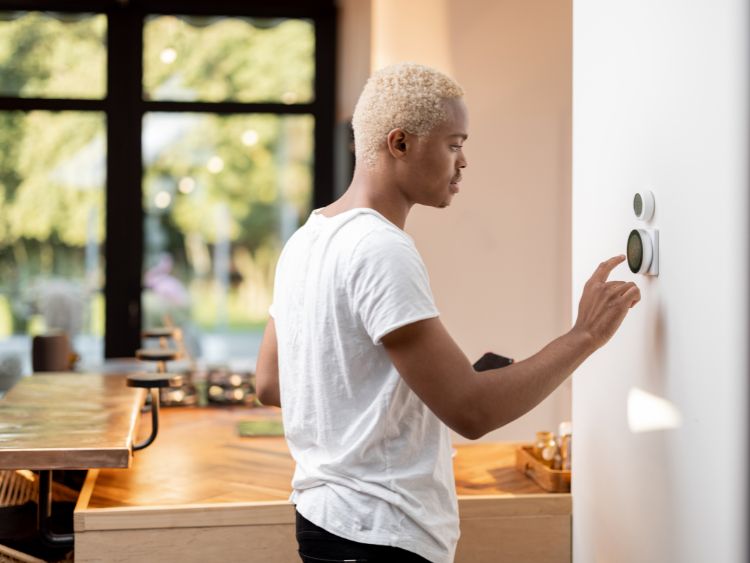Your business doors must be both functional and visually appealing in order to project confidence in customers while safeguarding against burglaries. No matter if your doors are composed of steel, wood or storefronts – here are a few ways you can take care in keeping them in good condition to preserve the look of your company.
Maintenance of commercial doors should not only be the purview of locksmiths. You and your employees can help identify potential issues before they arise, helping extend the lifespan of these vital pieces of infrastructure. Here are a few tips to make their life longer.
Keep the Door Dry
Maintain a Dry Entrance Door drying is especially essential at employee entrances that tend to experience more wear-and-tear than commercial doors that are sealed to prevent water infiltration; however, there may still be ways in which doors could sustain damage over time.
Frames filled with grout or concrete may hold water, compromising their structure and permitting leakage of infiltrating water into the frame. Given this fact, most general contractors recommend grout-filled frames; if water damage appears around your door frame it could be related to this factor.
Spraying doors with hoses could result in water damage to them. Though most commercial doors are built to withstand rain, most feature drip guards above them in order to redirect rainfall away from doors and hardware over time. Hoses have the capability of bypassing these protection measures over time and splash water into any places where seals haven’t been applied correctly, which could potentially ruin doors over time if left in place for too long. While using a hose won’t instantly destroy doors, keeping doors dry will only increase their lifespan over time – keeping hoses off altogether is important if want prolong their longevity!
Paint and Seal Doors
If sealant is improperly applied, its frame could become rusty and crumble away over time – especially if it’s an outdoor door. Commercial doors without paint are especially susceptible to weather and environmental elements; we advise using oil-based paint if you can handle its drying times between coats but remember it offers the strongest protection for commercial doors.
Lubricate, Tighten, and Clean the Door and Hardware
Prioritize tightening, lubricating and cleaning of doors and hardware as one of your annual goals. Commercial doors experience frequent abuse from users; an annual dose of TLC will go a long way in avoiding an emergency locksmith visit. Both TFL and their manufacturer recommend regular WD-40 use to lubricate hinges used on commercial doors to help stop rust from forming while keeping hinges free from creaking or squealing hinges and to keep wear and tear at bay over time. It will also prevent wear caused by constant friction they experience from user usage!
Take time every year to clear out keyholes on devices with keyways. Spray some dry lubricant into each keyhole, then run your key in and out repeatedly through to clear out debris that accumulates inside it. Cleaning equipment requires nothing more than an abrasive cloth rubbing; chemical cleaners could prove hazardous for delicate hardware.
Control the Door Properly
Even if you purchase the most expensive commercial door on the market, without proper controls in place it won’t last. People tend to take liberties with doors by hitting or kicking them open or even smashing them shut regularly – doing this frequently enough could bring it from flawless condition into disrepair rapidly.
As doors swing open and close on walls and frames outside your entrance can cause significant damage, installing and maintaining door closers is a necessity for protecting the entrance. Furthermore, regular maintenance of these door closers should also be kept up with. While we don’t advise business owners to conduct maintenance of their door closers themselves due to all that could go wrong during their operation process; nonetheless you should add it as part of your checklist for checking each door for door closers on each side and testing their tension regularly.
Don’t Leave Doors Propped Open
Security experts and hardware longevity advocates alike often make this point clear: make sure employees understand how essential it is to keep the company secure by giving them adequate tools to stop propping open doors throughout the day.
Closing doors makes burglaries harder, while keeping them open can create alignment and hinge issues. If you prefer propped-up doors for air flow purposes there are options available to you; just avoid using objects like broomsticks, blocks of wood, etc. as this could damage them further.


